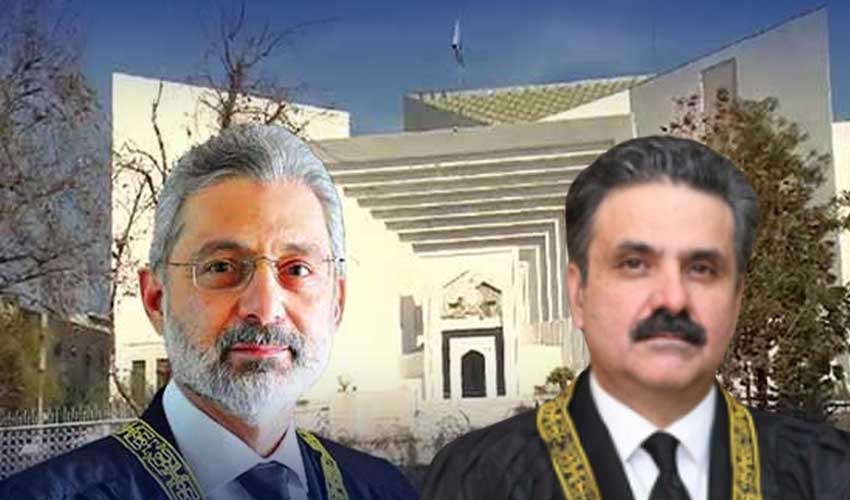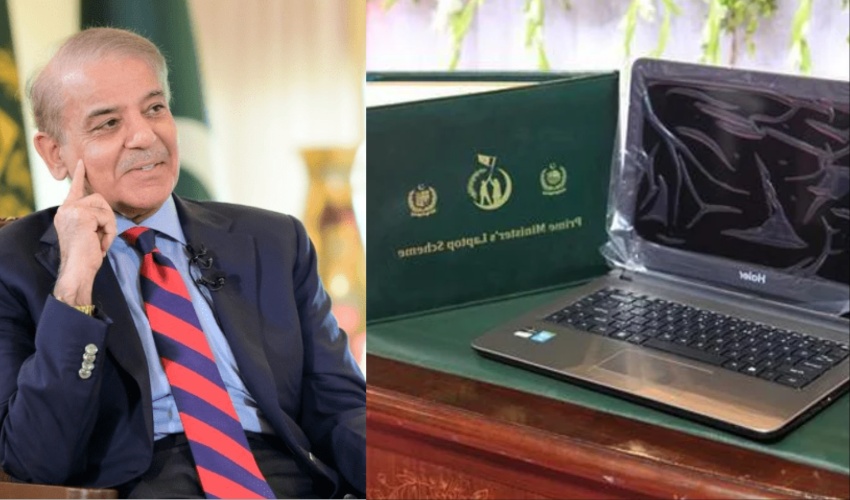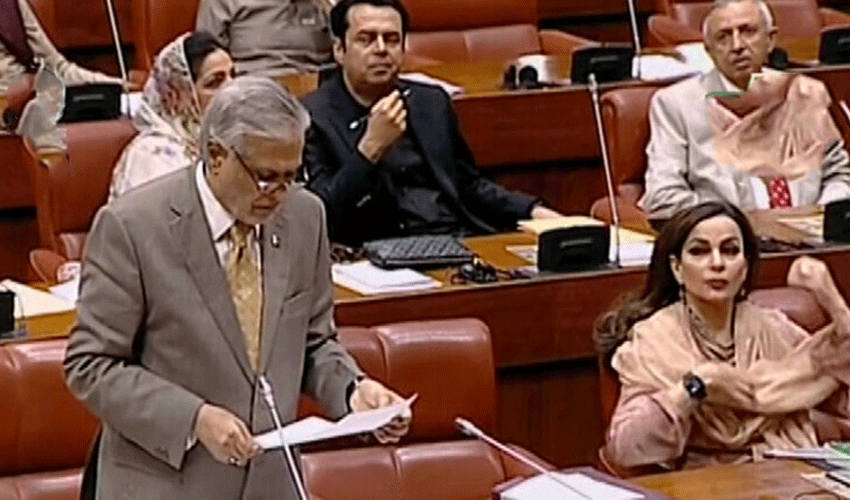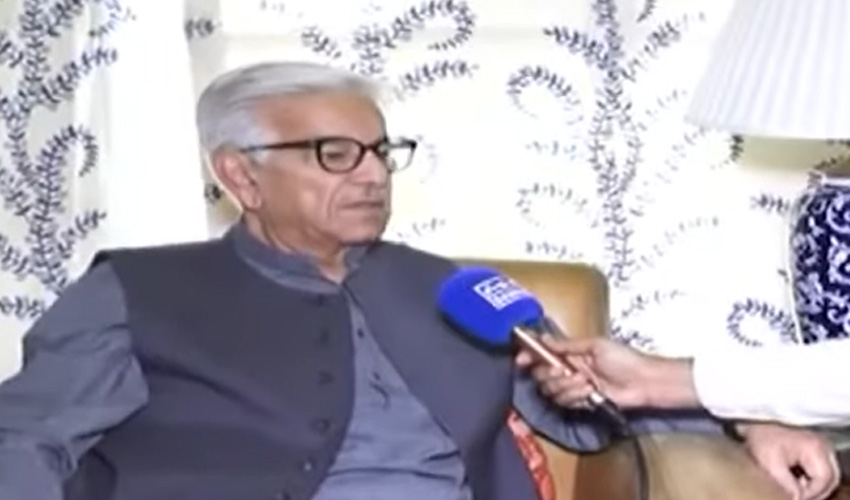The Supreme Court's Justice Ayesha Malik issued a dissenting note in the Supreme Court Practice and Procedure Act case, challenging the interpretation of the law and highlighting key constitutional principles.
Justice Malik commenced her note with a 1926 quote from Roscoe Pound, a prominent legal scholar, emphasizing the importance of providing the judiciary with the necessary freedom to fulfil its duties, if it was expected to do something. Drawing on Pound's words, she underscored the principle that the judiciary's function should not be unduly hindered through legislation.
Central to Justice Malik's dissenting note was the assertion that the right of appeal cannot be granted through simple legislation. She argued that Article 184(3) of the Constitution mandates a constitutional amendment for giving such a right, emphasizing the need for adherence to constitutional procedures.
Furthermore, Justice Malik emphasized the constitutional authority vested in the Supreme Court under Article 191 to make rules governing its own practice and procedure. She asserted that the Practice and Procedure Act cannot supersede this constitutional authority, highlighting the importance of upholding the judiciary's autonomy.
Crucially, Justice Malik contended that the Supreme Court Rules can only be amended by the full court, emphasizing the collective decision-making process within the judiciary. She raised concerns about the potential invalidation of the right of appeal in cases where a full court bench is constituted, highlighting the need to safeguard parties' fundamental rights.
In her dissent, Justice Malik cautioned against the creation of a full court bench, arguing that it could undermine the very purpose of granting the right of appeal as stipulated in Article 184(3). She asserted that a party's right of appeal should not be waived by the constitution of a full court, emphasizing the importance of upholding due process and the rule of law.
Justice Shahid Waheed note
On the other hand, Justice Shahid Waheed also issued a dissenting note in the same case, which states that the law was inconsistent with the Constitution; its purpose was to restrict the independence of the judiciary and its affairs.
In his dissenting note, Justice Waheed stated that any expansion in judicial jurisdiction was possible only through constitutional amendment. It cannot be done by simple legislation, he wrote, echoing Justice Malik's views.
According to the dissenting note, if Article 191 was allowed to be invoked, then judicial matters could also be interfered with through ordinances. There are many flaws in the Practice and Procedure Act that the judges committee could not correct by only making rules.
Justice Shahid Waheed said that the law was silent about the fact that if a member of the three-member judges committee was not available, who would replace him/her. If one member was ill and the other was abroad, how would the benches be constituted in emergency situations, it questioned. If two members of the committee decide to send the chief justice to the provincial registry, what will happen in that case? There are no answers to these questions in the law, nor can the judges committee find any solution to them.
In the dissenting note, it has been said that the decision of admissibility of petitions under Article 184(3) is possible in the court itself. The judges committee could not decide administratively. Justice Shahid Waheed held that sections 3 and 4 of the Act were contradictory. If a five-member bench starts to be formed for each case, how will the pending 50,000 cases be decided?
It should be noted that last year, after hearing nine petitions filed against the Practice and Procedure Act 2023, the Supreme Court upheld the law by a majority of 10 to 5 and rejected the petitions filed against it.



























